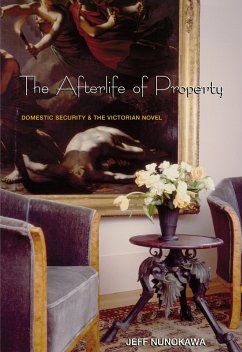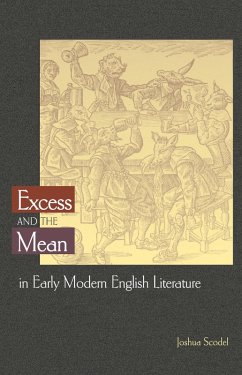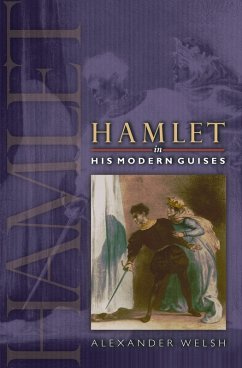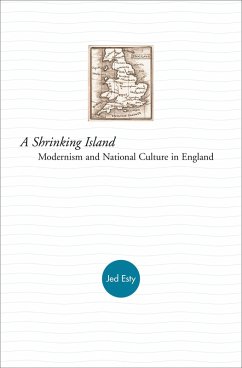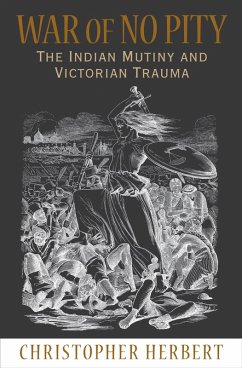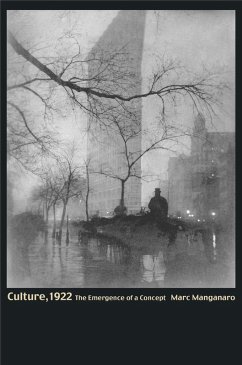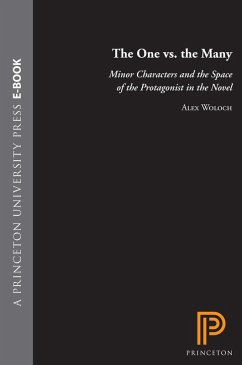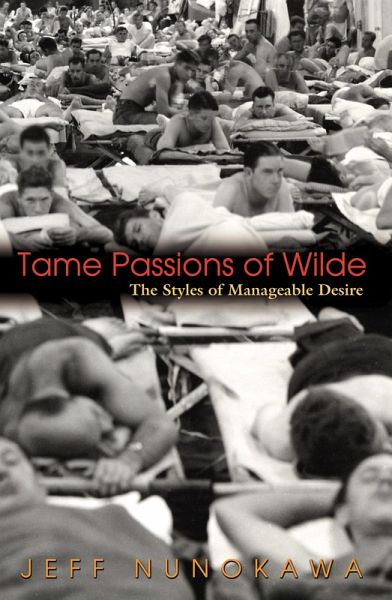
Tame Passions of Wilde (eBook, ePUB)
The Styles of Manageable Desire
Versandkostenfrei!
Sofort per Download lieferbar
25,95 €
inkl. MwSt.
Weitere Ausgaben:

PAYBACK Punkte
13 °P sammeln!
What if our strongest urges could be divested of their power to compel yet retain their power to fascinate us? What if our most basic appetites could be translated from the realm of bodily necessity to the sphere of artistic freedom? Jeff Nunokawa traces the variety of social pressures that inspired Oscar Wilde's lifelong effort to concoct forms of desire that thrill without menacing us, as well as the alchemies by which he sought to do so. Assigning Wilde a place of honor in a heady company of thinkers drawn from the ranks of philosophy, sociology, economics, psychoanalysis, and contemporary ...
What if our strongest urges could be divested of their power to compel yet retain their power to fascinate us? What if our most basic appetites could be translated from the realm of bodily necessity to the sphere of artistic freedom? Jeff Nunokawa traces the variety of social pressures that inspired Oscar Wilde's lifelong effort to concoct forms of desire that thrill without menacing us, as well as the alchemies by which he sought to do so.
Assigning Wilde a place of honor in a heady company of thinkers drawn from the ranks of philosophy, sociology, economics, psychoanalysis, and contemporary queer theory--Kant, Marx, Simmel, Weber, Freud, Hannah Arendt, Albert O. Hirschman, Erving Goffman, Judith Butler, Eve Sedgwick, and, of course, Michel Foucault--this is the first book to recognize Wilde not only as a blatant symptom of a familiar understanding of modern sexuality, but also as a grand theorist of the subject in his own right. The result is a wholly original portrait of the artist as a social critic who, in the midst of his humor, labored to illuminate and amend the book of love.
Assigning Wilde a place of honor in a heady company of thinkers drawn from the ranks of philosophy, sociology, economics, psychoanalysis, and contemporary queer theory--Kant, Marx, Simmel, Weber, Freud, Hannah Arendt, Albert O. Hirschman, Erving Goffman, Judith Butler, Eve Sedgwick, and, of course, Michel Foucault--this is the first book to recognize Wilde not only as a blatant symptom of a familiar understanding of modern sexuality, but also as a grand theorist of the subject in his own right. The result is a wholly original portrait of the artist as a social critic who, in the midst of his humor, labored to illuminate and amend the book of love.




